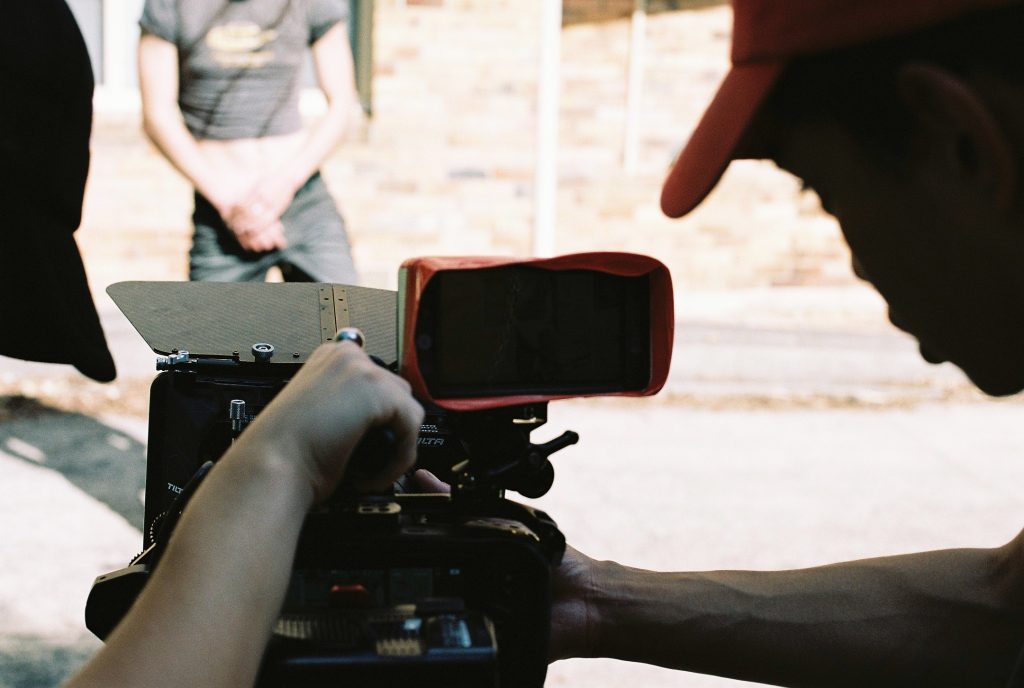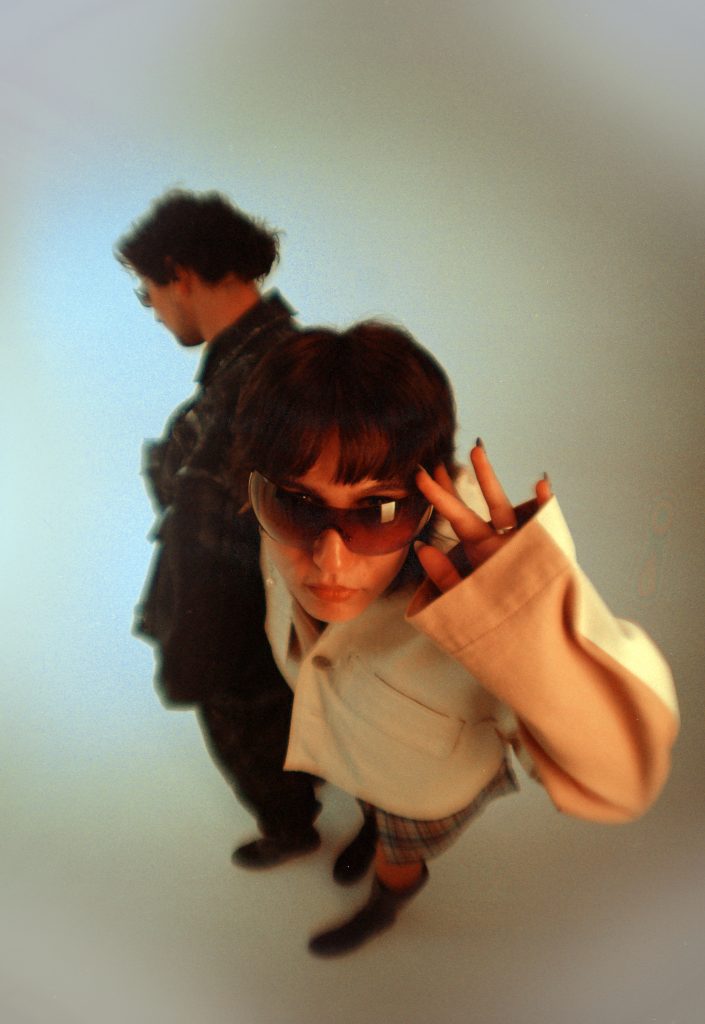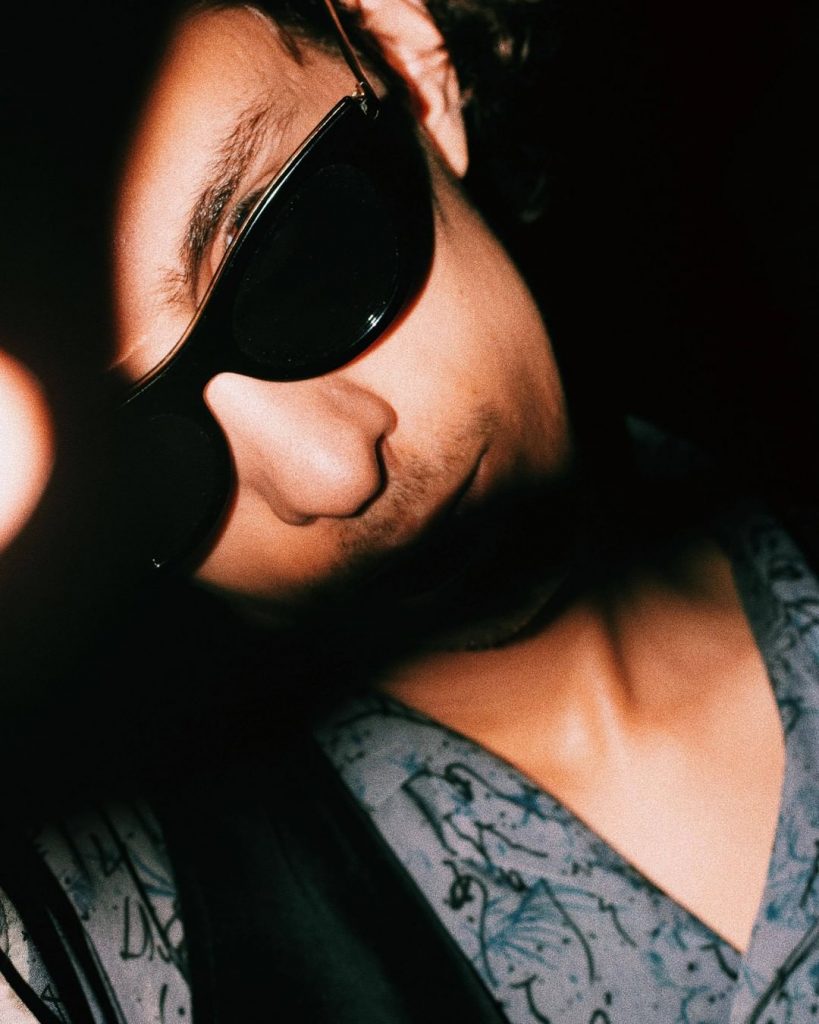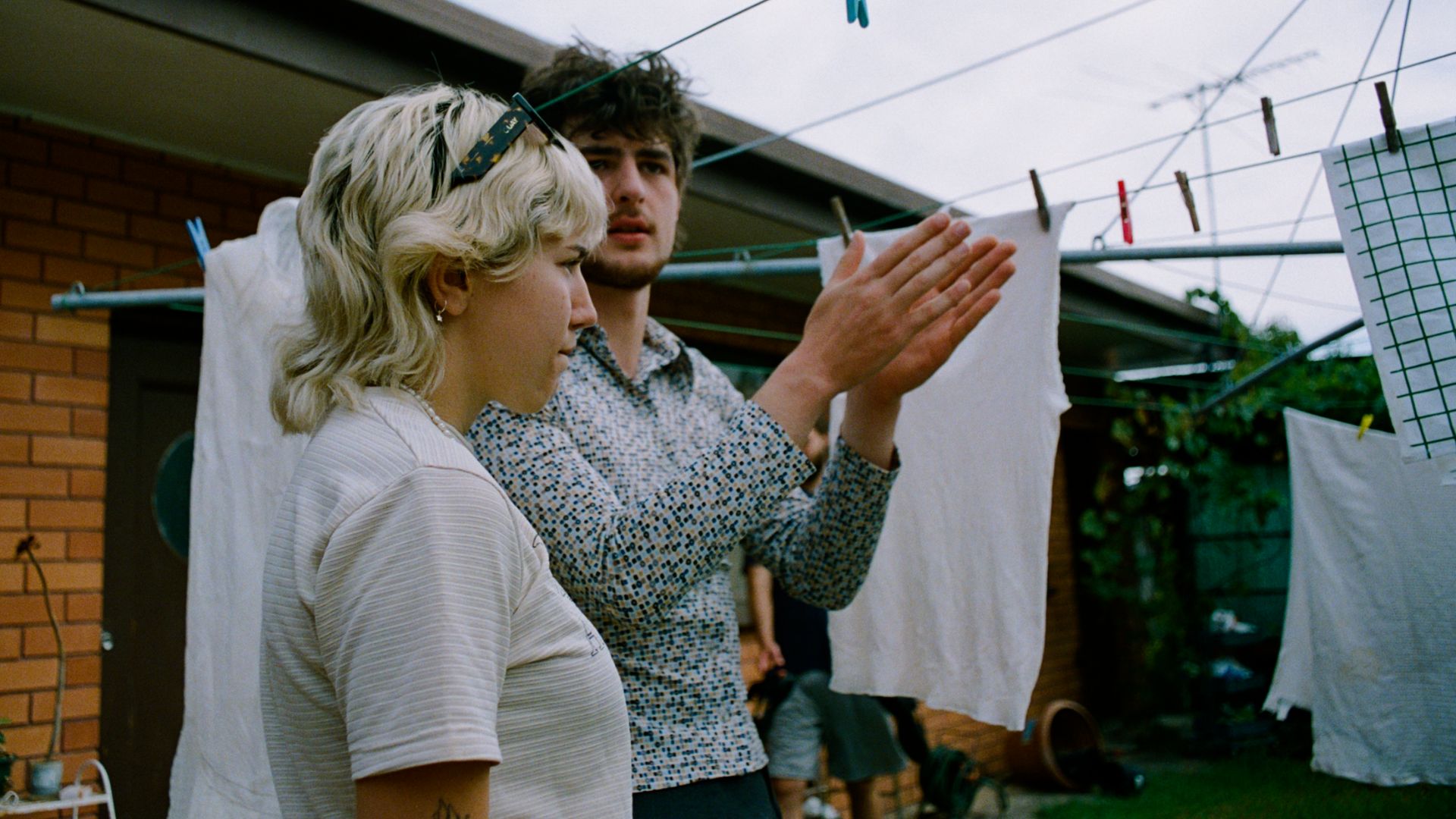Greek Australian filmmakers, Ari Kwasner-Castri and Renee Kypriotis, created a bond and working relationship years ago over their shared love of art and film.
As third generation Greek Australians, they also found a shared feeling of disconnect to their heritage and so their film Concrete was born.
In an interview with The Greek Herald, Ari and Renee detail how they created the film and how their own journey to connecting to their heritage inspired it.
Tell us about yourselves.
We are both third-generation Greek Australians who grew up in Sydney. We have been friends since 2019 and also share a working relationship within the film industry. Our love for film and our shared experiences as Greeks drew us to creating this film, as we wanted to further explore our experiences.

What drew you both to film?
For both of us, our passion for film started early, and we both were drawn to it through our love of acting. Because of this, our works are often very character-driven and grounded within our personal experiences.
We both are still very interested in acting and Ari will actually be starring in the film, however we both made the shift towards directing as we wanted to have more creative control when it came to the work we wanted to create for ourselves.
At this stage in our careers, we have found a way to align our equal love of being behind and in front of the camera, and encourage this fluidity in our practice.
What was the inspiration behind the film?
The inspiration for ‘CONCRETE’ comes from our own experiences as Greek Australians; the more and more we spoke to each other about our feelings of disconnection towards our Greek culture, the more we found a need to tell this story and share those experiences.
Similarly, as we spoke with other third-generation Greek Australians, we found that a lot of people shared these feelings of disconnection, which is why we think it is important that we tell this story.
How does the film translate intergenerationally as a migrant story?
The film translates intergenerationally as a migrant story as we explore the generational gap of the migrant experience through our protagonist, Aggelos. We have built this character once again drawing from personal experiences, as we explore the strong cultural shift in our sense of identity that contrasts with that of our parents and our grandparents.

Generations before us may have felt shame when exploring their Greek identity, as it was far from celebrated during that time. In contrast, we take every spare moment to mention to someone that we are Greek, and yet we still feel isolated and disconnected from that part of our identity as we either don’t speak Greek or we have a lack of understanding of our culture.
The way our protagonist navigates his familial relationships throughout our film is a key representation of this. It’s very complex to explore, but it’s incredible how many people have felt the same way and how common it is for the ideas and associations surrounding Greek culture to change and shift throughout the generations.
What is next for you both as filmmakers?
We both plan to move from our hometowns and continue our filmmaking journeys in new and exciting places. We want to grow out, network, and find further film opportunities both nationally and internationally. We are also both making the shift into narrative productions, and ‘CONCRETE’ is the first step towards that.


